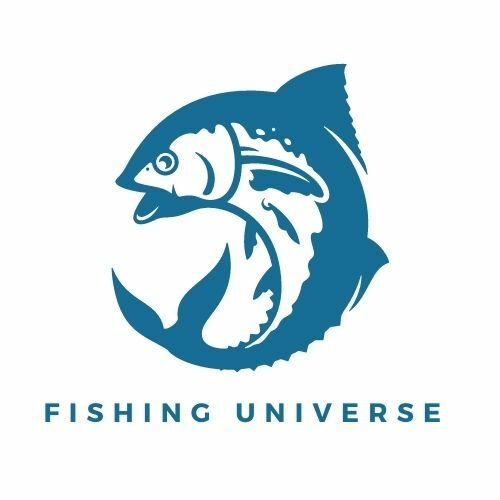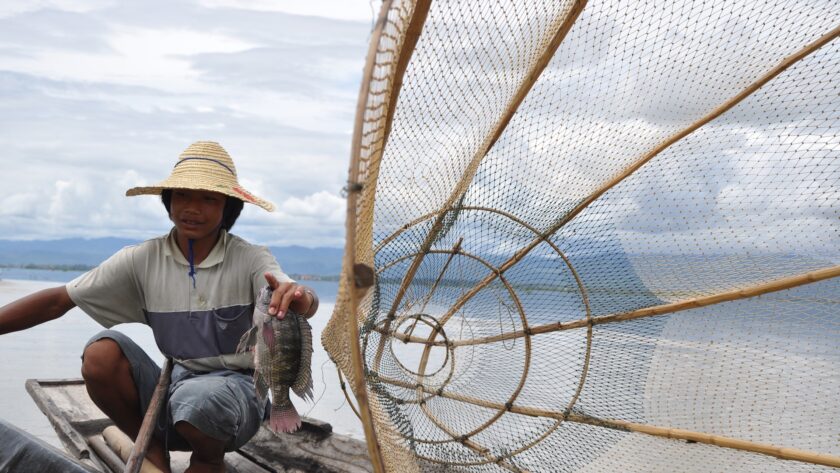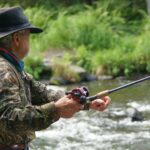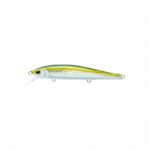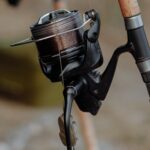The fishing net differs from other fishing equipment in that it is very easy to use. Moreover, it is perfectly suited for both freshwater and sea fishing. But more precisely, how does a creel work? Focus.
Fishing net and its use
The fishing net is a very effective accessory for catching fish, in a rather passive way. It is traditionally made of wicker, woven bamboo and reeds or wood. This equipment can also be made of a fishing net with a frame. In all cases, it takes the form of a trap with a single funnel-shaped entrance. The creel is mainly used for targets such as eels, shrimp and whelks. However, it is also used to catch crustaceans such as lobsters, spider crabs and crabs.
Simple operation
The principle of operation of the fishing net is very simple. It is simply placed in a strategic location in the fishing area. A bait is placed inside, adapted to the type and size of fish you want to catch. The baited fish enter the opening and once inside, they cannot leave. Several hours after the trap has been set, all that remains is to bring it to the surface. It should be noted that the use of certain fishing traps, particularly equipment used by professionals at sea, requires a declaration to the competent fisheries administration.
Some criteria for choosing a fish trap
While the location of the trap is of great importance for creel fishing, it is also important to make the right choice. Indeed, there are many models of fishing pots on the market and it is important to know your needs. Indeed, you must take into account the size of the creel according to the area where you are going to place the trap. But very importantly, you will have to make a choice according to the type and size of fish you are looking for. This will help you decide on the mesh size of the net. Don’t forget to check the legislation on the size and type of fish you can or cannot catch.
What bait for a fishing net?
In some cases it is not necessary to put bait inside a creel. This may be the case when the creel is placed downstream of a stream where it is simply waiting for fish to come from upstream and simply slip in. Otherwise, it is essential to choose the best bait for the type of fish you are fishing for. For example, when fishing for eels in freshwater, you can use chicken tripe. In coastal waters, crushed crabs are more effective and for frogs, a simple red rag can do the trick.
